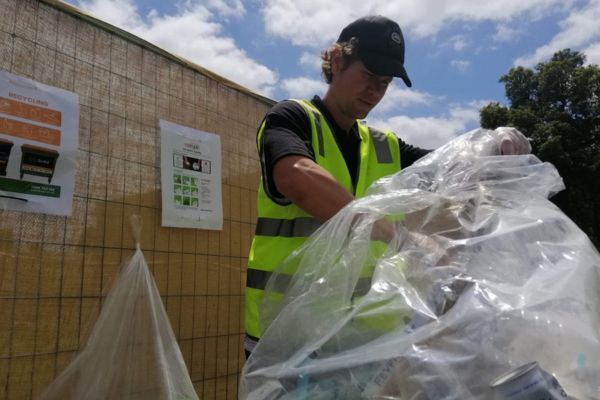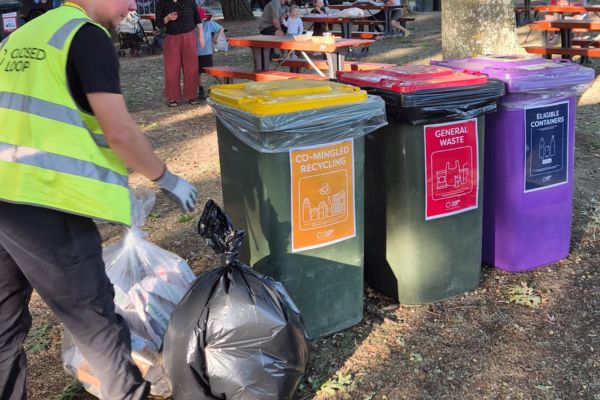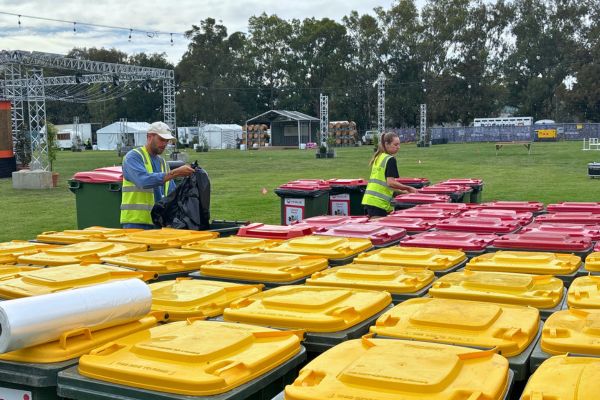How to approach seemingly unachievable zero waste targets
Over the past decade, many businesses have created zero waste strategies to demonstrate their commitment to protecting the environment and their sustainability values.
Targets and strategies are often created with great intention, although businesses tend to operate as usual without these targets in mind due to a range of misconceptions such as perceived challenges and conflicting priorities.
What is a zero waste strategy?
Zero waste strategies and targets are generally created by businesses and consultants for a range of reasons with the overarching objective of reducing waste sent to landfill to be seen as more sustainable.
Over the years, we have seen creative and dedicated solutions to reducing waste sent to landfill. Most common methods include increasing reuse, recycling or donation services to minimise volume or weight of waste sent to landfill through systems and process improvement, engagement with third parties and holistic procurement requirements.

These methods are vital in the overall strategy; however, an effective zero waste strategy should also include methods to reduce waste created, not reduce waste sent to landfill.
Are our zero waste targets achievable?
Businesses that create zero waste targets want to reduce their waste, however at times external or internal pressures such as stakeholders or consumers can cause brands to temporarily fixate on sustainability actions without considering practicality and longevity.
Time and time again businesses establish and share bold sustainability statements and targets which pose challenges from implementation to measurement and ultimately will not be achievable.
Your zero waste targets may not be achievable for a range of reasons such as lack of baseline information, various conflicting priorities, impractical expectations and poor measurement outcomes.

You won’t meet our targets – what do we do now?
Creating zero waste strategies is, at times (and when developed effectively), the easiest part of approaching more sustainable operations.
Businesses with considered zero waste strategies should be applauded, and while you may have faced challenges in achieving targets if there is genuine progress, this is a step in the right direction!
Over the years, we have engaged with multiple small to large businesses where we have been able to structure more effective solutions to reach their zero waste strategies.
To achieve and/or re-evaluate your zero waste strategies, you can:
- Assess current business operations through a waste and resource assessment or circular economy consulting
- Understand the true objective(s) of why your business developed a zero waste strategy
- Identify priority targets through cost- or benefit-analysis (based on your true objective(s))
- Know current capacity and resources (i.e. time and budget) allocated for implementation, monitoring and reviewing
- Determine new challenges and barriers
- Engage with solutions for identified challenges and barriers if a) feasible or b) priority targets
- Review measurement targets and goals (i.e. are you validating your progress on the wrong metrics?)
- Potentially modify existing targets with more feasible targets
- Communicate current progress and learning
Sometimes, businesses just need a little support

Achieving zero waste targets in businesses require collaboration and dedication. If you are looking for additional support and clarity on your zero waste strategy, contact one of our Circular Economy Consultants today via the form below!








